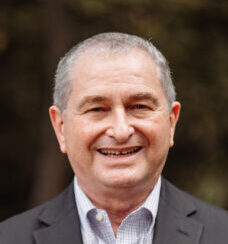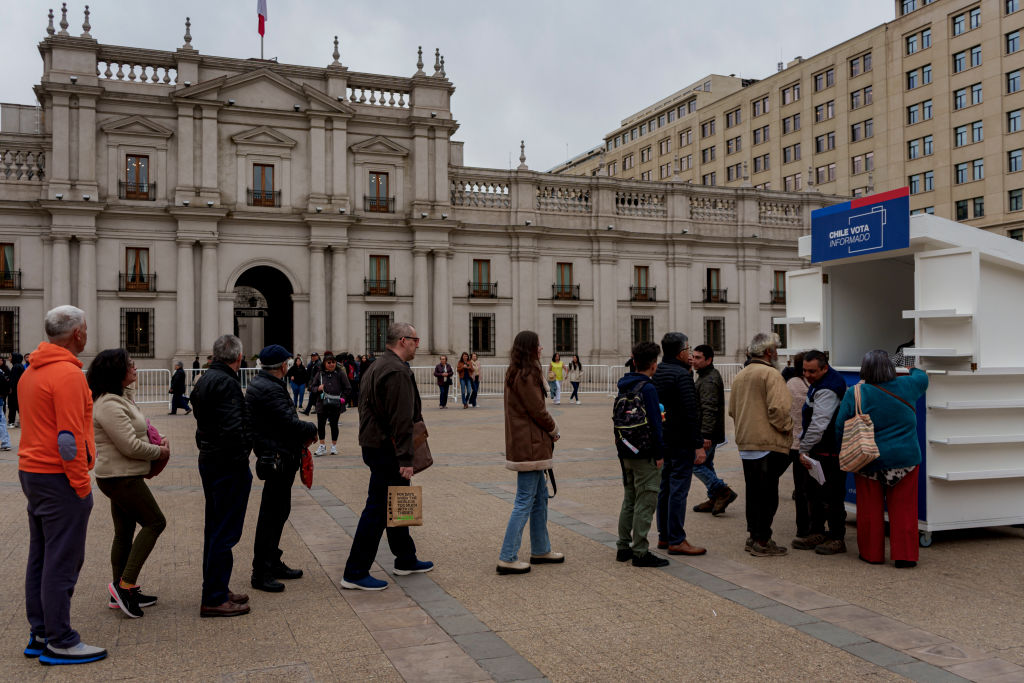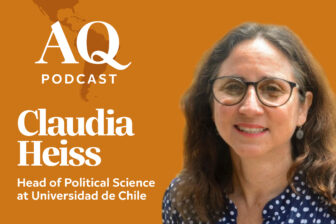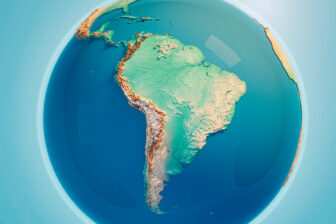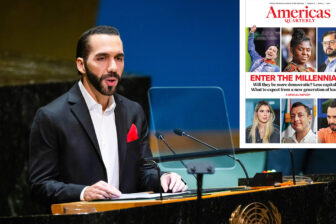Chile’s referendum on December 17 will reveal if voters back the second attempt at rewriting the constitution in as many years. According to polls, chances are that this new draft will not obtain more than 40-45% support, in which case the current constitution, which dates back to 1980—the Augusto Pinochet era—will remain in force.
The country’s political divide will likely contribute to mostly “no” votes in the plebiscite. While an elected convention dominated by leftists drafted the first version rejected in 2022, this second iteration is the product of an elected council controlled by conservatives.
Most Chileans prefer a modernized charter that addresses the public policy issues that are not getting resolved—namely, a text that does not throw the proverbial baby out with the bathwater. This is why a Magna Carta that enshrines either ideological extreme has only minority appeal.
One of the hot-button issues is spiraling violent crime. Chile used to be one of the safest countries in Latin America, but it has become more dangerous in the past decade. An annual government survey that tracks the perception of rising crime shows that in 2022, more than 90% agreed that crime was increasing in relevance compared with 60% in 2010, the highest reading since the survey started in 2003. The homicide rate, while relatively low, has doubled since 2015. Though the latest constitutional draft includes several innovations to address the public safety crisis, while the earlier one took a holistic approach to combating crime that the business community openly complained was soft on criminals, that may not be enough to get it approved.
The latest constitutional document safeguards many of Chile’s market-supportive institutions, including an independent central bank, and proposes political reforms to minimize fragmentation in the legislature, which has affected governability. However, it also includes text that is much too conservative for average voters, as in legal protections for the unborn coupled with no mention of abortion rights, as well as the expulsion of migrants who entered illegally or are imprisoned for crimes.
Economic underperformance
Beyond constitutional debates, Chile has faced ideological swings and societal polarization. Moreover, business-unfriendly regulations and the resulting uncertainty have spoiled the investment climate in Chile, contributing to the country’s chronic economic underperformance.
From 2013 to 2023, real GDP grew 21%, or an average of about 2% per year—a low speed for a developing country with unmet needs and a dissatisfied population. Chile’s GDP has stagnated this year, and the latest consensus forecast is that economic growth will resume but at a pace averaging 2% in the next two years.
In sharp contrast, Chile’s real GDP expanded a whopping 80% between 1990 and 2000, followed by a further 53% growth from 2000 to 2010. During those 20 years, Chile’s rapidly growing prosperity, as measured by real GDP per capita adjusted for the purchasing power of its currency, propelled it from ninth place to the third-highest spot in Latin America. Countries including Brazil, Mexico and Venezuela, which had previously been far more prosperous than Chile, grew slowly and thus slipped in the regional rankings.
Chile became the first Latin American economic “tiger”—a term initially applied to fast-developing Hong Kong, Singapore, South Korea and Taiwan—during those prosperous decades (1990-2010), when the Pinochet-era reforms plus others undertaken after the restoration of democracy led to strong economic growth.
But all that prowess began to fade during Michelle Bachelet’s second, markedly progressive term (2014-18). An already burdensome corporate income tax was hiked, despite the recommendation from experts that property taxes should be raised and the personal income tax (then paid by only one out of five taxpayers) should be broadened, because they generated too little revenue and contributed to income inequality.
During his second term, conservative Sebastián Piñera (2018-22) tried to improve the business climate and implement constructive reforms. Still, for the most part, Congress did not support him. He was then thwarted by the political shockwaves of the violent protests that broke out in October 2019 and lasted five months, and subsequently, he was derailed by the COVID-19 pandemic.
Investors’ uncertainty has worsened since the election of leftist President Gabriel Boric in December 2021. Even though the legislature has blocked his progressive economic agenda, it has rattled the business community, along with Chile’s first constitutional rewrite. In September 2022, 62% of voters rejected that text, leading to the other draft now under consideration.
Growth bottlenecks
Chile’s deteriorated investment and productivity growth climate is not the consequence of destabilizing or unsustainable fiscal or monetary policies. Otherwise, by now, Chile would have lost its coveted single-A investment grade from the credit-rating agencies, the highest level awarded to any Latin American country. Beyond the issues already mentioned, the current situation can be attributed to adverse factors under the macroeconomic hood.
One is excessive red tape and regulation of new business initiatives, partly because of overzealous environmental and labor protections implemented in the past two decades—what Chileans call the curse of permisología. The situation is so bad that according to experts at the OECD, of all the reforms that could boost economic growth, the most significant gains would materialize from streamlining business regulations and permitting procedures and improving product-market regulations.
The processing time for a project to obtain a decision from the official environmental evaluation agency (Servicio de Evaluación Ambiental, SEA) has increased to an average of more than 1,100 days during 2021-23 versus fewer than 600 days before 2015. Consider the proposed waste-to-energy plant, WTE Araucanía, which has been awaiting approval for over six years. Local communities have opposed it, and the government has not dared to disappoint them.
It is no wonder that former President Eduardo Frei (1994-2000) recently stated that “Every time a person raises an interesting project for Chile, there are 500 or 600 organizations or people who go against that project, and all the projects are paralyzed. This permisología is killing us.”
Another downer for entrepreneurs is a new law that has increased from 25 to over 200 the number of crimes for which companies may be indicted, containing many new crimes for which managers and directors can be sent to prison, including environmental crimes. Other measures recently passed or proposed that are irking the business community include new taxes on wealth and retained earnings, hiked pension contributions, 22% higher minimum wages, a shortened (from 45 to 40 hours) workweek, and an expanded scope for collective bargaining. The government’s mismanagement of the mining industry and the costly but inadequate modernization of the public educational and healthcare system have also created dissatisfaction.
Since the referendum is unlikely to end the polarization and uncertainty contributing to the economy’s decade-long underperformance, investors and entrepreneurs can only hope that the Boric administration will see the light and adopt a more pro-business agenda.

